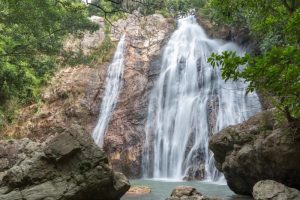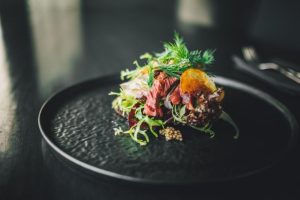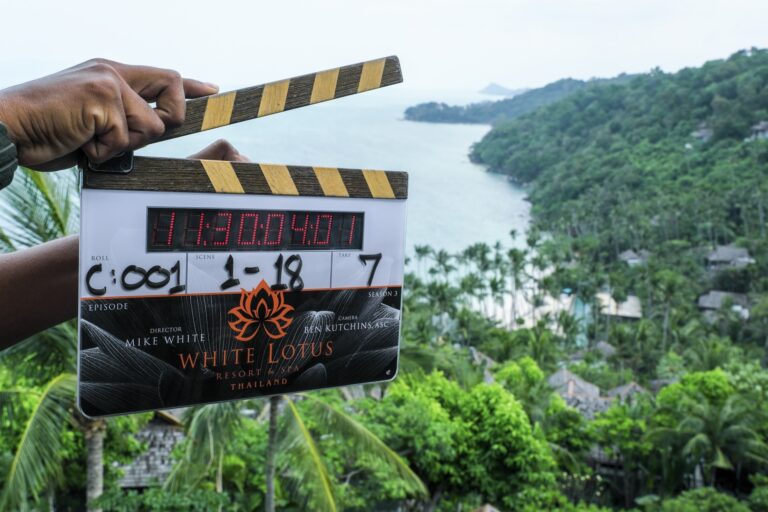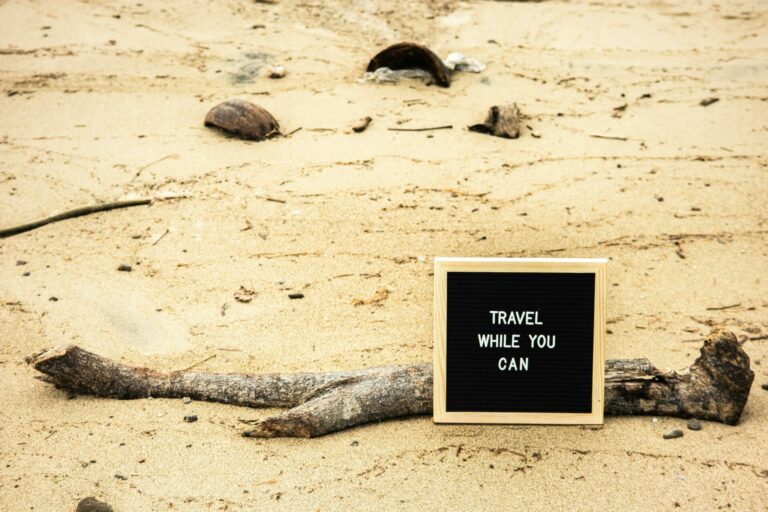There is no place on Earth we love more than Koh Samui. The more you know about this marvel of an island, the more in love you fall. Beyond its stunning vistas and emerald waters, there are many cool stories and facts that add intrigue and depth to its allure. With that in mind, we wanted to share some of our favorite fascinating facts about the history, culture, geography, and must-see sites of this miraculous island!
Koh Samui is Thailand’s second-largest island after Phuket and is located off the east coast of the Kra Isthmus. Geographically in the Chumphon Archipelago, it is part of Surat Thani Province. Lush greenery and flowers, white sand beaches, coral reefs, and coconut trees are among the iconic natural wonders of the island.
Koh Samui History
The island was probably first inhabited about 15 centuries ago when it was settled by fishermen from the Malay Peninsula and southern China. However, it did not appear on maps until 1687, when the Chinese documented it under the name Pulo Cornam.
Until the late 20th century, Koh Samui was an isolated, self-sufficient community having little connection to mainland Thailand. The island was without roads until the early 1970s, and the 15 km journey from one side of the island to the other could involve a whole-day trek through the mountainous central jungles.
Koh Samui’s economy is now based primarily on its successful tourist industry, as well as exports of coconut, durian, and rubber.
Ten Fascinating Facts about Koh Samui
1. The Origin of the Name
The origin of the name Samui is mysterious in itself. One theory is that it is an extension of the name of one of the island’s native trees, the mui. Others believe that the word “samui” derives from the Malay word “saboey,” or “safe haven,” a testament to the island’s historical role as a refuge for fishermen during storms, nestled safely amidst the sea, although there appears to be no credible corroboration of this. Koh is the Thai word for “island”.
3. “Coconut Island”
Samui is synonymous with its abundant coconut palms. Historically, the island was predominantly a coconut plantation, earning it the nickname “Coconut Island.” At its peak, Samui was one of the world’s largest producers of coconuts, with the fruit playing a significant role in the island’s economy and culture.
3. The Majestic Presence of the Big Buddha
The iconic Big Buddha statue, known as Wat Phra Yai, stands 12 meters high and is one of the island’s most revered landmarks. This imposing golden statue, sitting majestically at the island’s northeast corner, draws visitors seeking spiritual solace and panoramic views of the surrounding landscapes.
4. Hin Ta and Hin Yai Rocks: Nature’s Creativity
Among the island’s peculiar attractions are the Hin Ta and Hin Yai Rocks, also known as the Grandfather and Grandmother Rocks. Shaped by natural erosion, these rock formations bear an uncanny resemblance to male and female genitalia, becoming a source of folklore and amusement for visitors.
5. The Mummified Monk at Wat Khunaram
Wat Khunaram is home to an unusual sight—a mummified monk known as Luang Por Daeng. His body, remarkably well-preserved in a meditative position, symbolizes spiritual devotion revered throughout Thailand and beyond. The preservation methods used on his body remain a mystery, adding an air of mystique to this cultural phenomenon.
6. Samui’s Butterfly Garden: A Kaleidoscope of Colors
Hidden within the island’s lush greenery lies the Samui Butterfly Garden, a mesmerizing sanctuary hosting an array of vibrant butterflies in their natural habitat. Visitors can witness the enchanting life cycle of these delicate creatures and explore the garden’s diverse flora and fauna.
7. Fisherman’s Village: A Window to the Past
Bophut’s Fisherman’s Village offers a glimpse into Samui’s past. Once a thriving fishing community, the area retains its charm with traditional wooden shophouses, local eateries, and a vibrant Friday night market. It’s a perfect blend of historical preservation and modern-day amenities.
8. Film Sets and Hollywood Connections
Koh Samui has served as a backdrop for several film productions, drawing on its stunning landscapes for cinematic appeal, including Temptation Island, Butterfly Man, and Nature Morte.
9. A Spa and Wellness Paradise
Renowned for its holistic wellness offerings, Koh Samui boasts an array of world-class spas and wellness retreats. From traditional Thai massages to luxurious spa treatments, visitors can indulge in rejuvenation in serene settings overlooking the ocean or nestled within lush jungles.
Guests at Kerem Villas can book in-villa treatments or ask the villa manager for recommendations for all their chosen self-care delights.
10. Tropical Climate and Festivities
Samui’s tropical climate blesses the island with warm temperatures throughout the year. The island celebrates numerous festivals, including Songkran (Thai New Year), Loy Krathong (the Festival of Lights), and the Samui Regatta, offering visitors a chance to immerse themselves in vibrant traditions and cultural celebrations.
Conclusion: There’s So Much to Explore
Koh Samui’s beauty extends far beyond its pristine beaches and breathtaking landscapes. Its rich history, cultural heritage, and unique landmarks create a rich tapestry that invites exploration and discovery. From coconut plantations to spiritual monuments and natural wonders, getting to know the island beyond the beach adds depth to the allure of this tropical gem, ensuring that every visit to Koh Samui is filled with fascination and wonder.
















